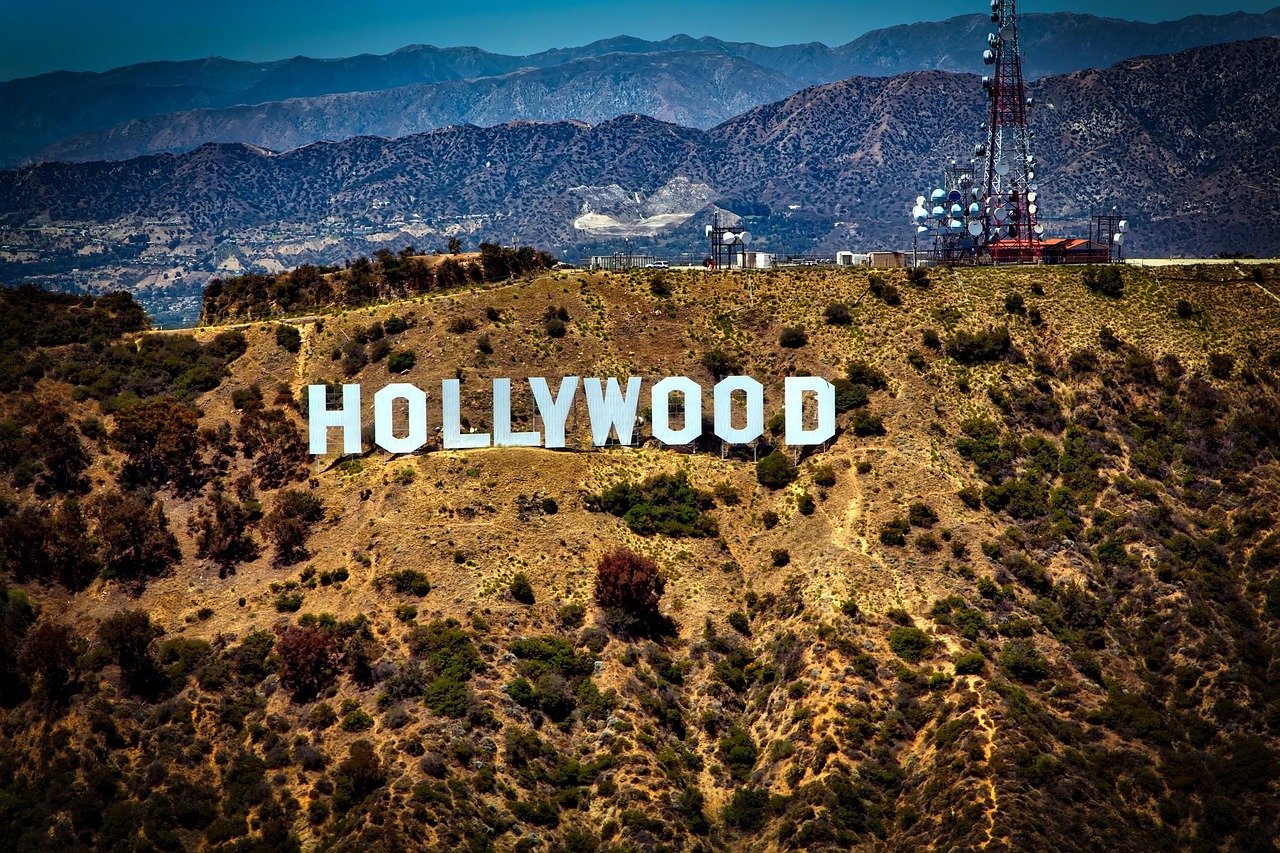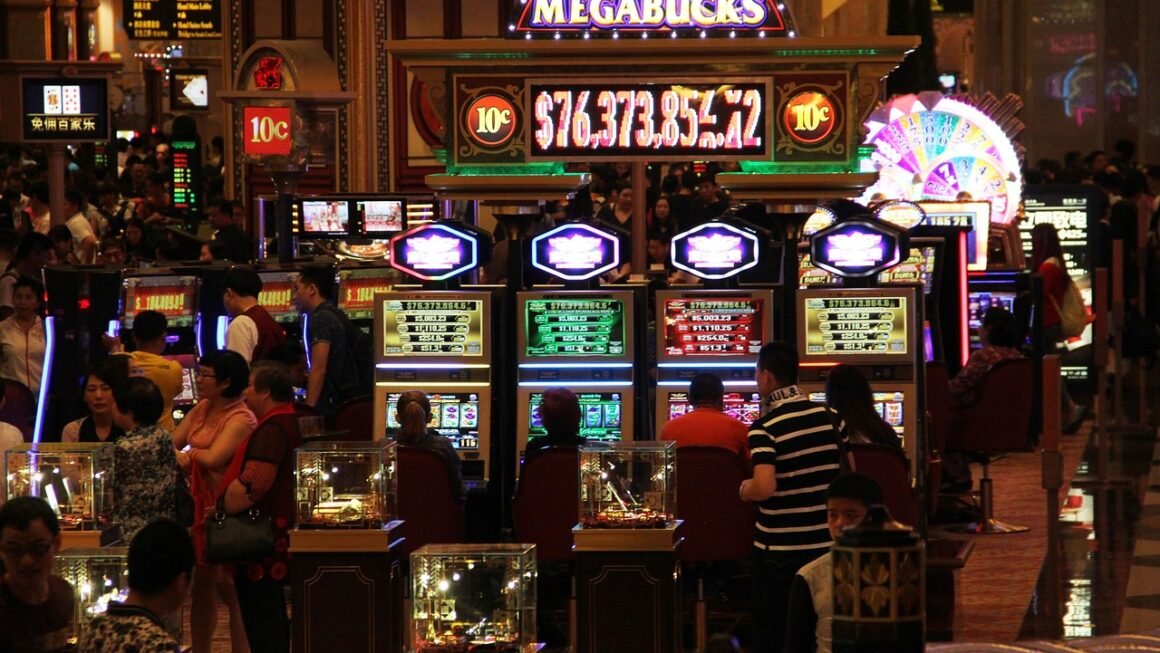Pop culture. It’s more than just fleeting trends and viral sensations; it’s the ever-evolving tapestry that reflects our society, shapes our identities, and provides a common ground for connection. From the silver screen to social media, understanding pop culture is understanding ourselves and the world around us. This exploration delves into the dynamic world of pop culture, examining its key components, influence, and how to navigate its constant evolution.
Defining Pop Culture: More Than Just Fads
Pop culture, short for “popular culture,” encompasses the prevailing trends, ideas, attitudes, and objects that are dominant within a society at a given time. It’s the air we breathe, the conversations we have, and the shared experiences that bind us together.
Key Elements of Pop Culture
- Entertainment: This includes movies, television shows, music, video games, and online content. Think of the latest Marvel blockbuster, the newest hit Netflix series, or the chart-topping song dominating the airwaves.
- Fashion: Clothing, accessories, hairstyles, and makeup trends. Consider the impact of streetwear, the revival of vintage styles, or the influence of celebrities on fashion choices.
- Language: Slang, catchphrases, and memes that permeate everyday conversation. Remember “YOLO” or the constant stream of new internet slang?
- Technology: Gadgets, apps, and social media platforms that shape how we communicate and interact. The rise of TikTok, the dominance of smartphones, and the impact of artificial intelligence are all crucial.
- Values and Beliefs: Pop culture often reflects and reinforces societal values, sometimes challenging them and sparking debate. For example, shows promoting inclusivity and diversity.
How Pop Culture Differs from High Culture
While often contrasted with “high culture” (classical music, fine art, opera), pop culture is generally more accessible and inclusive. It’s designed for mass consumption and reflects the tastes and interests of the general public. High culture, on the other hand, is often associated with elitism and requires specialized knowledge or education to fully appreciate.
The Power and Influence of Pop Culture
Pop culture wields significant power, shaping our perceptions, influencing our behavior, and even impacting social and political discourse.
Shaping Identity and Self-Expression
- Influence on Values: Pop culture can reinforce or challenge existing societal norms and values. Consider how television shows like “Modern Family” helped normalize different family structures.
- Expression of Individuality: Music, fashion, and online platforms provide avenues for individuals to express themselves and connect with like-minded communities. The rise of online gaming communities is an example of this.
- Building Community: Shared interests in movies, music, or video games can foster a sense of belonging and community. Think of Comic-Con and other fan conventions.
Driving Economic Trends
- Marketing and Advertising: Pop culture is a goldmine for marketers and advertisers, who leverage trends and celebrity endorsements to sell products and services. Consider the influence of social media influencers.
- Merchandising: Movies, TV shows, and video games generate billions of dollars in merchandise sales. Think of Star Wars toys or Harry Potter-themed products.
- Tourism: Pop culture landmarks and events attract tourists from around the world. Consider film locations like New Zealand (Lord of the Rings) or music festivals like Coachella.
Impacting Social and Political Discourse
- Raising Awareness: Pop culture can bring attention to important social and political issues. For example, documentaries about climate change.
- Promoting Dialogue: Movies and TV shows can spark conversations and debates about controversial topics. Consider shows that address social justice issues.
- Inspiring Activism: Pop culture icons can use their platforms to advocate for social change and inspire activism. Think of celebrities speaking out on environmental issues.
Navigating the Ever-Changing Landscape
Pop culture is a constantly shifting landscape. Staying informed and engaged requires adaptability and a critical eye.
Staying Up-to-Date
- Follow Reputable Sources: Consume news and information from reliable media outlets, blogs, and podcasts that cover pop culture.
- Engage on Social Media: Follow influencers, celebrities, and organizations that shape pop culture trends.
- Participate in Communities: Join online forums, fan groups, and social media communities to stay informed and connect with others who share your interests.
Developing Critical Thinking Skills
- Question the Narrative: Be aware of the messages and values that pop culture promotes. Is it promoting positive values or harmful stereotypes?
- Recognize Bias: Understand that pop culture is often shaped by commercial interests and ideological agendas.
- Consider the Source: Evaluate the credibility and perspective of the source of information.
The Role of Social Media
- Amplification of Trends: Social media accelerates the spread of trends and allows them to reach a wider audience.
- Creation of Viral Content: Platforms like TikTok and Instagram are breeding grounds for viral memes, challenges, and trends.
- Direct Engagement: Social media allows fans to connect directly with celebrities, artists, and brands.
The Future of Pop Culture
The future of pop culture is likely to be shaped by technology, globalization, and changing demographics.
The Rise of Digital Media
- Streaming Dominance: Streaming services are becoming the primary source of entertainment for many people.
- Virtual Reality and Augmented Reality: These technologies are poised to revolutionize how we experience pop culture. Imagine attending a virtual concert or interacting with characters in a video game.
- Interactive Storytelling: New forms of storytelling are emerging that allow audiences to participate in the narrative.
Globalization and Cultural Exchange
- Increased Cross-Cultural Influence: Pop culture is becoming increasingly globalized, with influences flowing between different countries and cultures. K-Pop, Bollywood, and Latin music are examples of this.
- Diversification of Content: Streaming services are offering a wider range of content from different countries and cultures.
- Localization of Global Trends: Global trends are being adapted and localized to suit local tastes and preferences.
The Impact of Generational Shifts
- Gen Z’s Influence: Gen Z is shaping pop culture with their emphasis on authenticity, social justice, and digital fluency.
- The Metaverse: The metaverse is becoming a new frontier for pop culture, with virtual worlds, avatars, and digital experiences gaining popularity.
- Emphasis on Inclusivity: There is a growing demand for inclusivity and representation in pop culture.
Conclusion
Pop culture is a dynamic and multifaceted force that shapes our lives in countless ways. By understanding its key components, influence, and how to navigate its ever-changing landscape, we can become more informed consumers and active participants in the cultural conversation. Whether you’re dissecting the latest movie release, exploring a new musical genre, or engaging in social media trends, pop culture offers a fascinating window into our society and ourselves. Stay curious, stay engaged, and continue to explore the ever-evolving world of pop culture.


